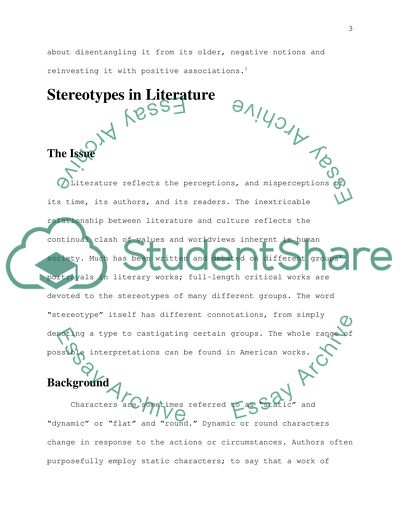Cite this document
(“Stereotypes in Contemporary Literature Book Report/Review”, n.d.)
Stereotypes in Contemporary Literature Book Report/Review. Retrieved from https://studentshare.org/sociology/1513672-stereotypes-in-contemporary-literature
Stereotypes in Contemporary Literature Book Report/Review. Retrieved from https://studentshare.org/sociology/1513672-stereotypes-in-contemporary-literature
(Stereotypes in Contemporary Literature Book Report/Review)
Stereotypes in Contemporary Literature Book Report/Review. https://studentshare.org/sociology/1513672-stereotypes-in-contemporary-literature.
Stereotypes in Contemporary Literature Book Report/Review. https://studentshare.org/sociology/1513672-stereotypes-in-contemporary-literature.
“Stereotypes in Contemporary Literature Book Report/Review”, n.d. https://studentshare.org/sociology/1513672-stereotypes-in-contemporary-literature.


